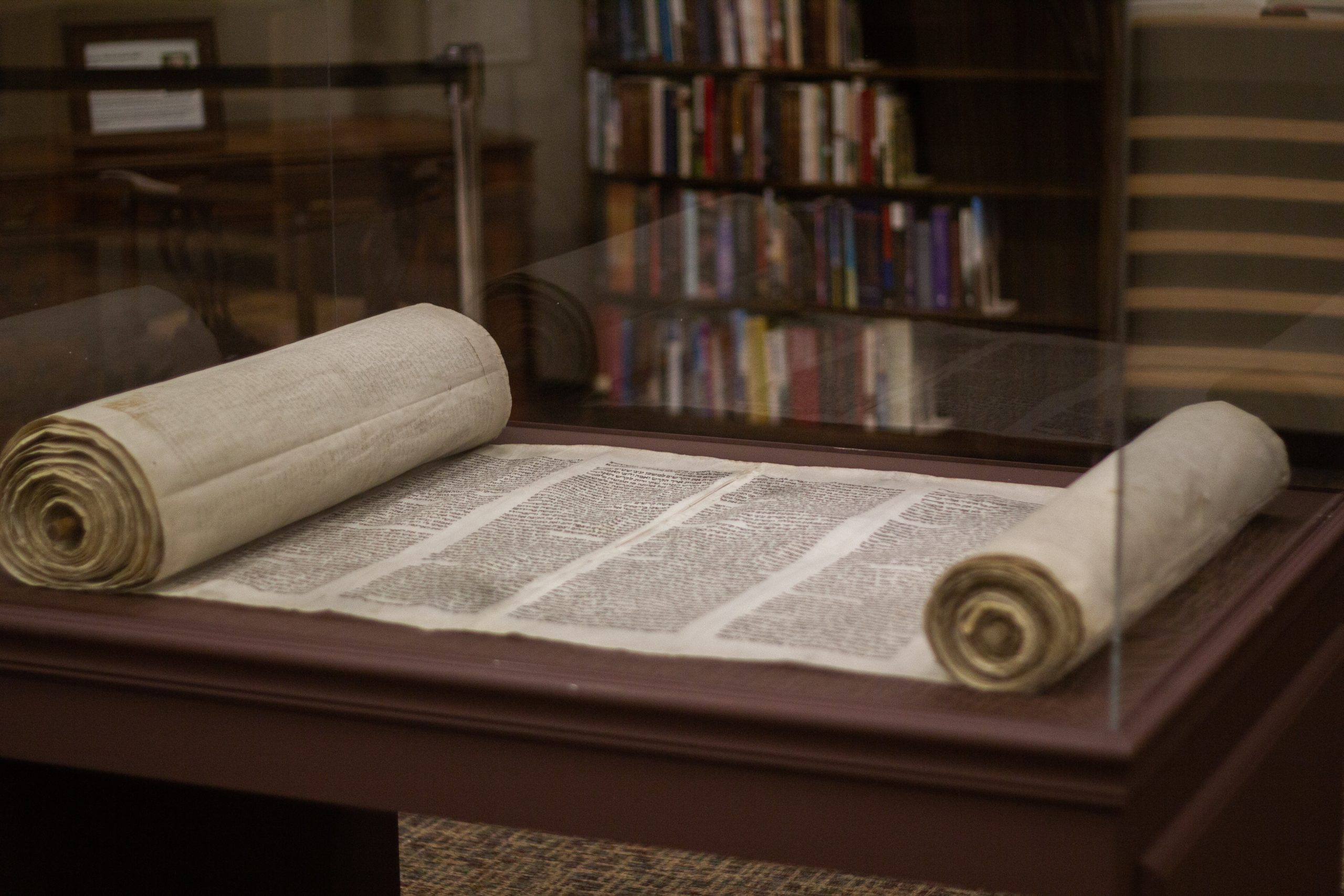Prophets and Prophetic Revelation
Since the beginning of time, God has communicated with His people through prophets. We can deduce from Genesis 3:8 that God likely communed with Adam and Eve at regular intervals. We are also told in Luke 11:51 that Abel was among the prophets, and thus received revelation from God.

Prophets spoke for God. Perhaps better stated, prophets were God’s mouthpiece. Jeremiah 1:4-10 is quite instructive for the prophetic role. In v. 9, God specifically tells Jeremiah, “I have put my words in your mouth.” That is the role of the prophet—he speaks God’s words.
As a nation, Israel was given special instruction for prophets. Deuteronomy 13:1–5 lays down the important principle that prophets cannot contradict previous revelation.
If a prophet or a dreamer of dreams arises among you and gives you a sign or a wonder, and the sign or wonder that he tells you comes to pass, and if he says, ‘Let us go after other gods,’ which you have not known, ‘and let us serve them,’ you shall not listen to the words of that prophet or that dreamer of dreams. For the LORD your God sis testing you, to know whether you love the LORD your God with all your heart and with all your soul (Deut 13:1-3).
Signs and wonders were often given by prophets to confirm that they were speaking for God, and so that the people would know their prophecies would come to pass (cf. 1 Kgs 13:1–5). Importantly, here we are told that even if the prophet performs a sign or a wonder, if their revelation contradicts previous revelation, it is to be rejected.
Deuteronomy 18:21–22 also gives a standard by which to evaluate prophets and their prophecy. The simple standard is this—if the prophecy is not accurate or does not come to pass, that prophet is false. Because God himself is speaking through a prophet, the standard is complete accuracy and truth.
Prophets would also record prophecies into written revelation (cf. Jer 36:2–3). This collection of written revelation was kept in the sanctuary as a special collection (cf. Deut 31:24–26; 1 Sam 10:25). Importantly, written prophecy would be held to the same standard of truthfulness as described in Deuteronomy 18:21–22. We can summarize by saying all Scripture is prophecy (cf. 2 Pet 1:21), but not all prophecy is Scripture.
Does the Prophetic Ministry Continue today?
When we get to the NT, we see evidence of prophets who function the same as OT prophets (cf. Acts 11:27–28). We also see Peter quoting Joel, who had prophesied that prophecy will exist in the New Covenant era (Acts 2:16–17). All these verses indicate that the same standard of prophecy continues into the New Covenant era. However, we must understand the gift of prophecy within the overarching storyline of Scripture.
The rejection of the Kingdom by Israel has put the miraculous gifts on hiatus.
I have written more on this issue elsewhere. Suffice it to say that miraculous gifts are linked with the presence of the kingdom. This is why we see the miraculous gifts (healings, tongues, prophecy) during the life of Christ and at the birth of the church. Because the kingdom was present and being offered to the Jews, but the miraculous gifts fade away almost immediately as Israel turns their back first on the Messiah, and then the church.
The immediate usefulness of prophecy ceased with the foundation of the church and the completion of the canon.
Both the apostles and prophets are listed in Ephesians 2:20 as being the foundation of the church. Most people will acknowledge (as they should) that the apostolic office is not in existence today. Their role played out in redemptive history, and they passed from the scene. The prophets are listed alongside the Apostles as being foundational for the church. When the church was firmly established with written revelation to guide it, prophets were no longer necessary for guidance. Like the apostles, they too pass from the scene.
Church history acknowledges the disappearance of prophecy.
This is admittedly not an exegetical argument. However, it is important to acknowledge that throughout church history, there has largely been unanimous agreement that prophecy had disappeared. Within the last 120 years there has been an attempt to revive the belief that prophets are active today. This is largely argued by claiming today’s prophecy looks much different than biblical prophecy (i.e., it is not the very words of God). However, there is no exegetical warrant for making such a claim. False prophecy is false prophecy, and God does not look kindly upon that (cf. Jer 14:13–16).
Although prophets are non-existent at this time, there will come a day when prophecy will be revived (Joel 2:28–29; cf. Rev 11:3). This will coincide with the 70th week of Daniel and the last days. Until that time, beware of false prophets (Matt 7:15–16).
If interested, I have also written an overview of the cascade argument against the continuation of the miraculous gifts.